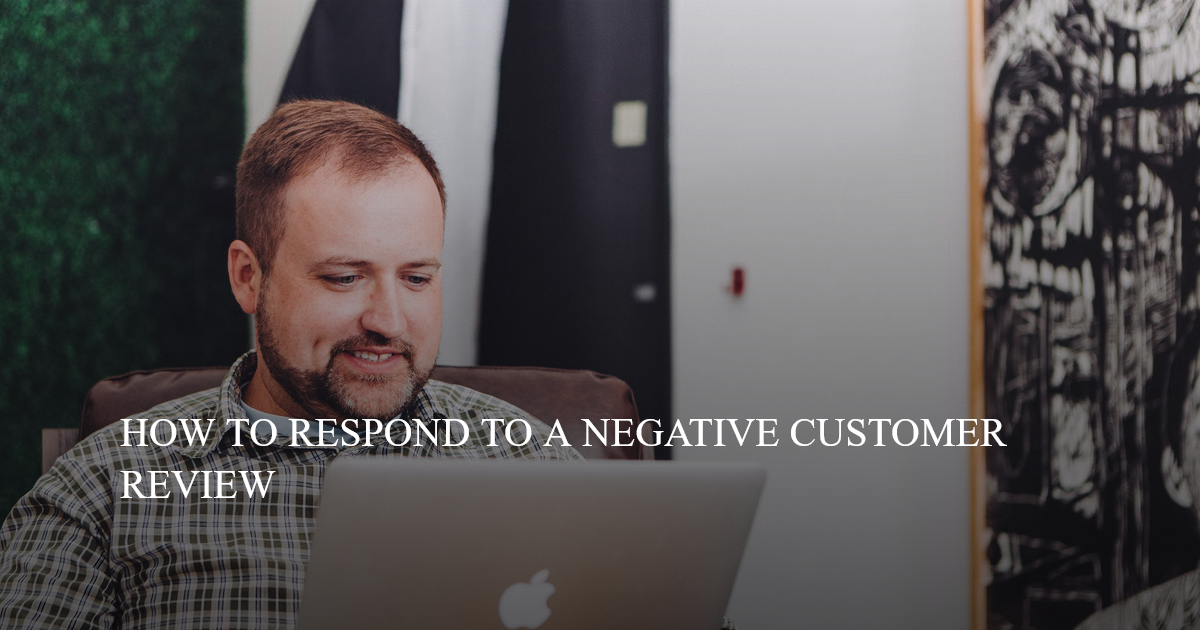For any recruiter out there who “grew up” under a KPI regime, you would definitely know what it’s like to feel the pressure (particularly towards the end of a month) of having to clock up as many client visits as possible to avoid the penalty for not achieving the target and foregoing your bonus.
Been there. Done that.
I remember back in the day, we’d be ‘awarded’ a certain number of points for booking a meeting with a client; and fewer points if we went along with a colleague to see their client (as part of the so-called ‘safety in numbers’ protocol!
I’m certainly not going to ‘name and shame’ (20 years later!), but I know many consultants who would make a real fuss about how many back-to-back client visits they had booked, and would walk out of the office (black compendium in hand) ensuring that the boss saw them leaving, and then head straight to the local cinema! I’m not kidding! For all I know they would see a double feature but I spotted a few ‘culprits’ on quite a few occasions!
OK I may have been guilty myself once of heading out with one of my colleagues to supposedly meet a new client and just waiting in the car reading my book while she went inside because the client was completely irrelevant to me but I had to do one more visit that month to meet my quota.
You see these visits (whether fact or fiction!) were more often than not about simply ticking a box or logging a status report in the data base in order to get closer to a commission cheque.
Of course the real reason for meeting with a prospective client is to build a potential business relationship; to establish trust and credibility; and to ultimately be briefed on a vacancy they need help with.
Fast forward 20 years and I have no doubt that some of these ‘shenanigans’ are still taking place out there in the recruitment agency world – even though I think KPIs should have been ditched a long time ago.
Fortunately today there are so many tools and apps out there to allow client relationships to be formed on the foundations of an initial face-to-face meeting but where as a recruiter you never have to leave your desk let alone the office.
To put things in context, I’m sitting in my office in San Francisco and today alone I have put on my recruiter sales hat and had ‘face-to-face’ sales meetings with prospective clients in London, Geneva, South Carolina, New Jersey, Portland and Sydney. Not a bad day’s work … and I’m certainly not Superman!
So whether you choose to use Skype, FaceTime, Zoom, Google Hangouts or any of the other host of video-based chat tools out there, here are 5 reasons why face-to-face communication helps to build client relationships.
1. You’re not just a disembodied voice
I remember when I was having to meet my cold calling KPIs (there’s a double-ditching if I’ve ever heard one!), I know it would sometimes sound like I was begging a prospective client to meet with me. They would ask “why”, and I’d pull out that other recruitment consulting cliché, “it would be great to put a face to the name!“. Sometimes they’d agree; other times they wouldn’t. But it’s still true today. A face-to-face meeting (whether in person or on screen) allows both parties to get a much better understanding of each other.
2. The role of “body language” in the communication process
OK I’m talking about over two decades ago now, but when I was first trained as a recruiter I was taught that communication is comprised of words (7%), vocal variety (38%), and body language (55%). This was all in the context of the importance of the face-to-face client visit where all three come together as a powerful force.
Today you could think of an email to a prospect as having a 7% impact; a phone call with a prospect having a 45% impact (do the math … there are words and vocal variety on a phone call!); and a face-to-face meeting (even on Skype or Zoom) having a 100% impact when it comes to communication effectiveness.
3. The power of the unspoken word
Here’s a little exercise for you around understanding non-verbal behaviours or signals which can only be noticed during a face-to-face meeting.
Try to give 2 or 3 possible interpretations to the following actions:
- A prospective client nods her head up and down;
- A prospective client smiles slightly; or
- A prospective client shrugs his shoulders
A prospective client nodding her head up and down could definitely mean she agrees with what you are saying. However it could also mean she’s wanting you to get on with it. A slight smile from a prospective client could be a sign that you are making a positive impression; however it could also mean that your prospective client has been completely distracted by another pleasant thought. And a shoulder shrug could potential mean either he doesn’t care about what you’re saying or he’s not sure how to respond.
The point here is that if you were only speaking to the potential new client on the phone, you’d miss all of these cues, and then have no way to consider how to respond and regain control.
4. A chance to see the actual office environment
If my prospective client didn’t quite buy the ‘it would be great to put a face to the name‘ cliché described earlier, I’d then pull out the ‘it would really help to give me a better appreciation of the work environment’ card. After all, how is a professional recruiter meant to explain to a potential candidate what a client’s workplace is like if they haven’t actually seen it?
Even today, if I’m on a Skype or Facetime call with a potential new client, I will still ask them to walk around and show me the office. In my role, I might not necessarily be telling candidates what a client’s office is like; but I’m telling a team of recruiters who may end up recruiting for this client what the business environment is like.
I don’t know many recruiters who could say they toured offices in Switzerland, the UK, USA and Australia in one day!
5. Visibility; credibility; profitability
I’ve asked enough recruiters in my time why they like to do what they do. When I used to interview potential consultants, I’d put all the ones that said, “I really like helping people” into one bucket; and I’d take the ones that said, “I want to make money” to the next stage.
The only way any recruiter can make money is through successfully working on a client’s brief. The only way a recruiter will ever be given a brief to work on is if the client trusts them and believes they are capable of finding them the ideal candidate. This comes down to a recruiter establishing credibility with the prospective client. The most successful recruiters I ever worked with (back in the day) were the ones constantly out there sitting in front of their prospective as well as their existing customers (as opposed to sitting in the cinema or reading a book in the car … woops!)
Today the most successful recruiters are the ones who explain to a potential new client that time is precious so there’s no need to book a meeting room or an appointment days or even weeks in advance. “How about a quick Skype call while you’re grabbing a coffee?” is all it takes! Gosh I’ve even had countless FaceTime calls while out on an early morning walk with potential customers in different time zones!





